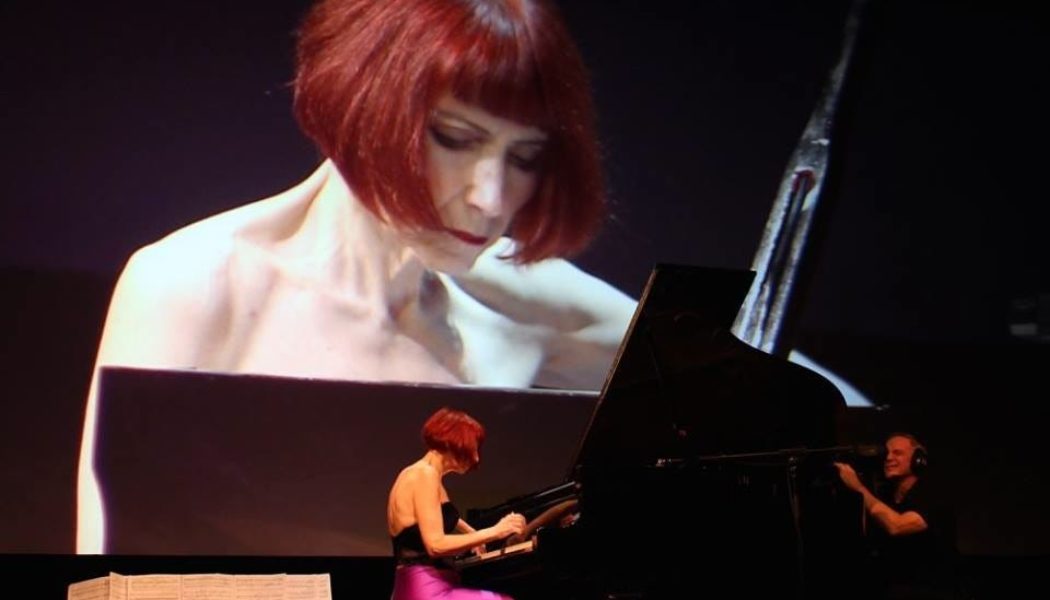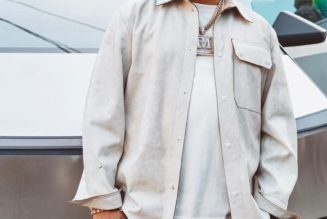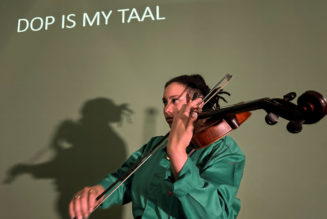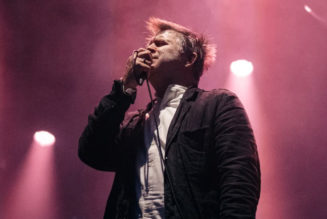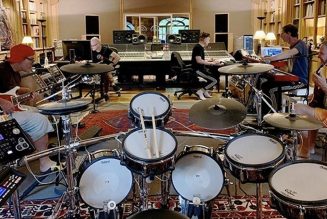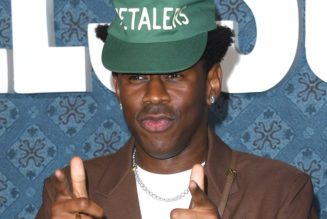
New Music New College, which has offered an eclectic array of contemporary music that attracted a loyal audience of students, faculty and the Sarasota community, won’t make it to its 25th season as the school continues a transformation triggered by Gov. Ron DeSantis to become a more conservative college focusing classical studies.
Producer and Director Ron Silver, who has been involved since the program’s founding in 1998, said that after receiving initial approval to move forward for the 2023-24 season from Provost Brad Thieseen, Interim President Richard Corcoran ultimately decided to cancel the series.
“He has decided to cancel NMNC for this year to begin planning a new concert series for 2024-25” with a new hire in the school’s music department, Thiessen told Silver in an email.
“Realistically it would have been our final season,” Silver said. “As producer and director I’m relocating out of state and there is no one waiting in the wings to take over. But I was hoping to do one last season to make the 25th special,” he said.
The program had money to cover expenses with funds held by the New College Foundation.
Silver said Thiessen told him that Corcoran hoped to launch a weekly music series after taking a break next year. A request for more details from New College did not receive a reply.
Silver said his last day of employment with the school was July 31. He recently moved with his wife, Miriam Wallace, a former New College faculty member, to Springfield, Illinois, where she has been named dean of the University of Illinois Springfield College of Liberal Arts and Social Sciences.
New Music New College began in 1998 and grew out of a program presented by The Ringling Museum and led by New College music professor Stephen Miles, who launched the series. Miles retired from the music series in 2020, and was followed for two years by Mark Dancigers, who left the college in 2022. Silver took over as interim director.
The program grew to feature an array of national and international singers, musicians and composers presenting programs that touched on new sounds, styles, genres and instrumentation. They provided educational opportunities for music students and others on campus.
Many of the performances were free or heavily discounted to the New College faculty and student body.
“We were a source of new and experimental and contemporary music for the whole community,” Silver said. “Now there are other contemporary artistic endeavors in Sarasota and I hope they’ll thrive in the visual arts, dance and music, but when we started there weren’t. It was also a wonderful way for people in the community to meet students and have a reason to come onto the campus.”
The concerts could be challenging to audiences more accustomed to traditional classical music.
Richard Storm, the late music critic for the Herald-Tribune, discussed the challenges the series posed for audiences in a 2003 review of Kathleen Supové’s “Exploding Piano.” It was presented on Super Bowl Sunday and Supové promised the audience would be out before kick-off.
Arts Newsletter: Sign up to receive the latest news on the Sarasota area arts scene every Monday
Tourists fund the arts: Sarasota County arts groups get major tourist tax funding boost
“And so we were,” Storm wrote, “but not without first sustaining an unrelenting assault on our preconceptions about music. Difficult, even painful as some of it was, this program was good for us. If that sounds a bit like your mother administering a dose of medicine, so be it.”
In reviewing a 2006 concert with pianist Lynn Raley performing intermezzos by Johannes Brahms from 1893 and Arnold Schoenberg’s 1909 “Piano Pieces,” Storm wrote: “Far from being a stuffy academic exercise, this was an exciting musical adventure that stimulated both the emotions and the intellect as similar thematic materials were transformed by two great composers, each pushing the boundaries of the then-permissible while honoring the great Viennese Romantic tradition.”
Follow Jay Handelman on Facebook, Instagram and Twitter. Contact him at jay.handelman@heraldtribune.com. And please support local journalism by subscribing to the Herald-Tribune.
